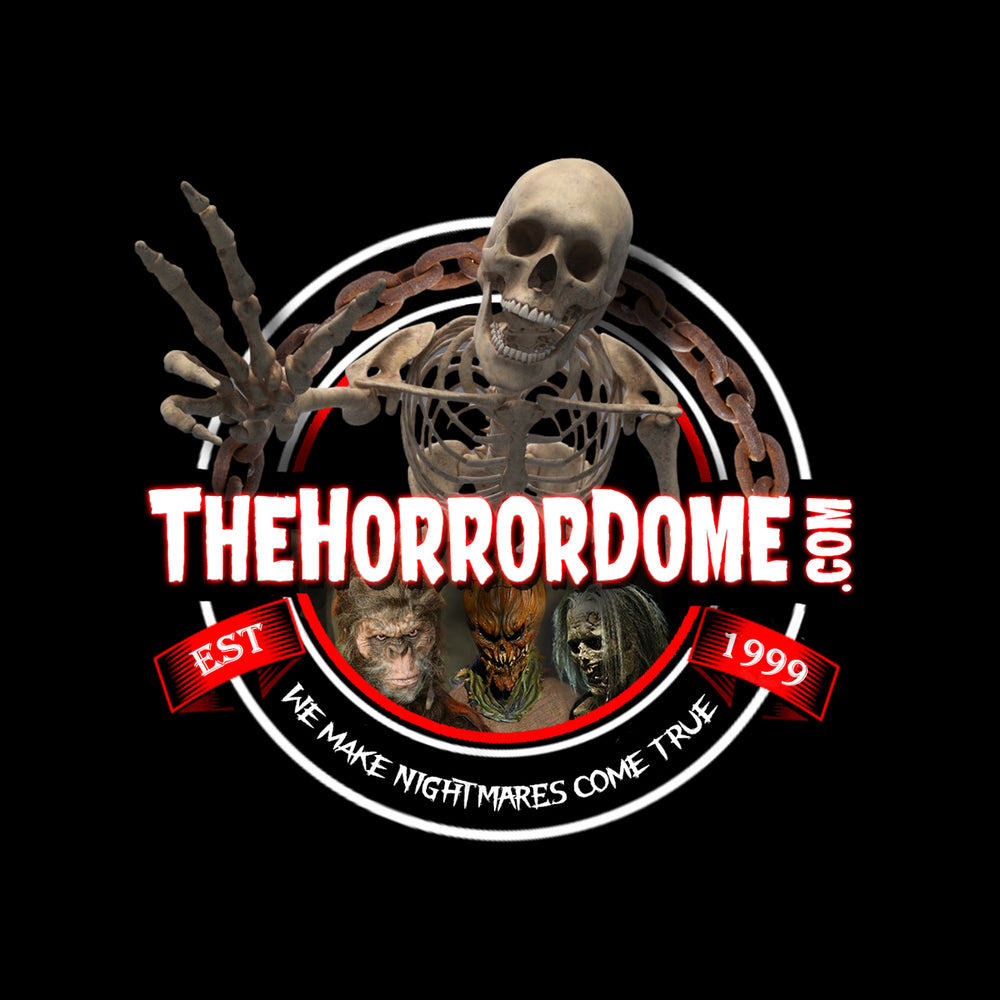The Dybbuk Phenomenon: A Window into Israeli Folklore and Tradition

The legend of the Dybbuk is a terrifying story of possession, retaliation, and the paranormal tucked away in the magical fabric of Jewish mythology. The tale of the Dybbuk, which had its beginnings in Eastern Europe and was subsequently adopted by Jewish communities in Israel, has persisted for generations, capturing the imaginations of those willing to venture into the uncharted territory.
Israel's Haunting Tale of Possession and the Supernatural
The word "Dybbuk" is a translation of the Hebrew verb "dibbuk," which means "to cling" or "to adhere." According to Jewish legend, a Dybbuk is a spiteful ghost of a person who has passed away and would not enter the afterlife. Instead, it typically, with an evil purpose, affixes itself to the soul of a living being. This possession can happen in several ways, such as using a cursed object, an evil ceremony, or even a strong desire for retribution.
The Dybbuk is claimed to control its host's ideas, behaviors, and personality. The experience of being possessed is frequently portrayed as stressful and torturous for the victim, who fights to reclaim control of their body and mind. Exorcising the Dybbuk is sometimes portrayed as a challenging and difficult process requiring the guidance of a wise and experienced spiritual person. The Yiddish comedy "The Dybbuk or Between Two Worlds," created by S. Ansky and originally staged in 1920, is largely responsible for popularizing the mythology of the Dybbuk. The sad love tale of a young bride haunted by her deceased lover's spirit is told in the play, which was later transformed into several theatrical and film performances. With audiences worldwide, the narrative addresses themes of love, betrayal, and the conflict between good and evil.
The Dybbuk mythology has grown to be an important component of Israeli culture. Jewish religion and tradition highly value the concepts of spirits and possession. Dybbuk tales have been passed down through the centuries, discussed at family get-togethers, and retold at Jewish festivals, adding to the Jewish people's rich oral history. The idea of the Dybbuk has permeated current cultural and creative forms in addition to folklore and theater. This chilling tale continues to inspire modern literature, movies, and other forms of media, further cementing its status in Israeli popular culture.
In addition to amusing, the Dybbuk mythology also reflects people's curiosity about the paranormal and the unknown. It explores the enigmas of the afterlife, the complexity of the human spirit, and the ongoing conflict between right and wrong. The Dybbuk is a vehicle for investigating moral quandaries and thinking about the effects of our acts, as is the case with many stories.
Bring a Legend to Life With Horror Dome
The Dybbuk mythology will always fascinate people's hearts and thoughts if storytellers and listeners exist. It serves as evidence of folklore's continuing influence in conserving cultural history, forming identities, and educating people about the hidden forces that shape human experience. The Dybbuk will continue to be told since it is a part of Jewish heritage and Israeli society. Those who accept its mysterious storyline are left with both terror and amazement. Additionally, you may use thehorrordome.com to create elaborate exhibits in your house to bring this legend to life!
Check out our full collection of Halloween Masks and Costumes.





Leave a comment